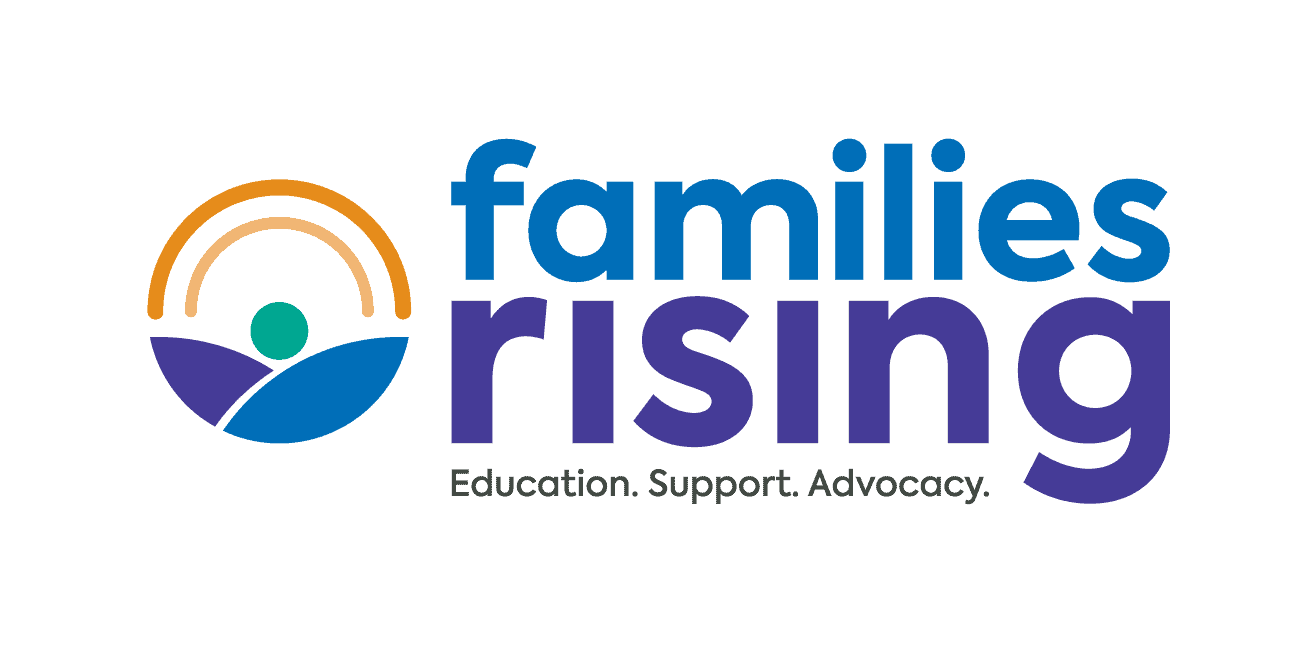by Mary Boo, executive director
NACAC was deeply disappointed that the US Supreme Court recently ruled against Philadelphia in the city’s efforts to ensure that its contractors don’t discriminate against same sex couples seeking to be foster parents. In a unanimous decision in Fulton v. City of Philadelphia, the court issued a narrow ruling in favor of Catholic Social Services (CSS), which sought to maintain its contract with the city while refusing to license same sex couples. The ruling hinged on the fact that the city’s nondiscrimination clause allowed exemptions. Although the decision is narrow, it explicitly allows discrimination and doesn’t put children first.
Background
This case arose after Philadelphia notified CSS that it would end its contract if it continued to discriminate against same sex couples. CSS sued, arguing that the nondiscrimination policy restricted its freedom of religion. The case made its way to the Court after an appeals court ruled in favor of the city.
NACAC, with many other child welfare organizations, filed an amicus brief in the case arguing that children are best served when governments—and contractors working on their behalf—make decisions based solely on what is best for children. We believe foster and adoptive parents should be assessed on one thing only—their ability to provide a safe, loving home for a child.
The Ruling
The fact that the ruling is narrow is incredibly important—the court did not establish a right for religious organizations to ignore nondiscrimination policies. As Family Equality’s CEO Stacey Stevenson notes, “While today may have been a loss for the City of Philadelphia, it was a victory for the principle that nondiscrimination protections that our families depend upon are valid and enforceable when properly implemented. Today’s decision once again affirms that state and local governments can maintain laws that protect everyone—including LGBTQ+ youth, families, and prospective parents—from discrimination in government services.”
But a narrow loss is a loss nonetheless. The ruling will make it harder for children to find families by allowing discrimination against same sex couples (and perhaps religious minorities or others in other circumstances). We need more foster and adoptive families for children, not fewer, and cannot have agencies funded by taxpayer dollars turning away families for reasons unrelated to their ability to care for children.
We at NACAC were particularly dismayed to see that there was little discussion in the decision about children’s best interests, especially the impact on LGBTQ+ children and youth, who are significantly over-represented in care.
We also find it extraordinary that the ruling didn’t discuss the fact that these are services being performed on behalf of the government, using public funds. The decision dismissed the impact of government-backed discrimination:
That leaves the interest of the City in the equal treatment of prospective foster parents and foster children. We do not doubt that this interest is a weighty one, for “[o]ur society has come to the recognition that gay persons and gay couples cannot be treated as social outcasts or as inferior in dignity and worth.” Masterpiece Cakeshop…. On the facts of this case, however, this interest cannot justify denying CSS an exception for its religious exercise. The creation of a system of exceptions under the contract undermines the City’s contention that its non-discrimination policies can brook no departures. …. The City offers no compelling reason why it has a particular interest in denying an exception to CSS while making them available to others.
LGBTQ+ children and youth now have seen the highest court in the land find no compelling reason for preventing discrimination against prospective parents who are also LGBTQ+. And some of these young people will likely be served by an agency that fought hard to defend this discrimination.
How Agencies Will Be Affected
Because the ruling was narrow, agencies that have or pass nondiscrimination policies without exemptions can continue to enforce those clauses in their contracts with agencies. And that is good for kids. As the American Civil Liberties Union’s Leslie Cooper, deputy director of the ACLU LGBTQ & HIV Project, explains, “This is good news for the more than 400,000 children in foster care across the country, who are the ones who get hurt the most if placement decisions are made based on an agency’s religious beliefs rather than the child’s best interest…. Federal, state, and local governments can and should continue to pass and enforce comprehensive nondiscrimination laws.”
The Way Forward
Although this ruling was narrow, it’s time to make sure that future rulings don’t go even further in allowing discrimination. We call on Congress to pass the John Lewis Every Child Deserves a Family Act and the Equality Act. The Every Child Deserves a Family Act would prevent federally funded agencies from discriminating against prospective foster and adoptive families. Representative Angie Craig (D-MN) explains the impact from her personal perspective:
“[This is] an especially important piece of legislation to me & my family, because many years ago…we experienced anti-LGBTQ+ discrimination in the adoption of our son, Josh. It was the most heartbreaking experience of my life. No parent should…be denied the opportunity to build a family just because of who they love or how they identify. That’s why this legislation is so important.”
Most importantly, each family that is turned away—or discouraged after facing discrimination in their early efforts to become a foster or adoptive parent—is one fewer family for a child who needs one.
The Equality Act goes beyond child welfare, prohibiting discrimination on the basis of sex, sexual orientation, and gender identity in employment, housing, public accommodations, education, federally funded programs, credit, and jury service.
It’s time to make these bills law—to show LGBTQ+ children and youth who need families that we value families who look like them, and to show all children and youth that we are putting their best interests first.


